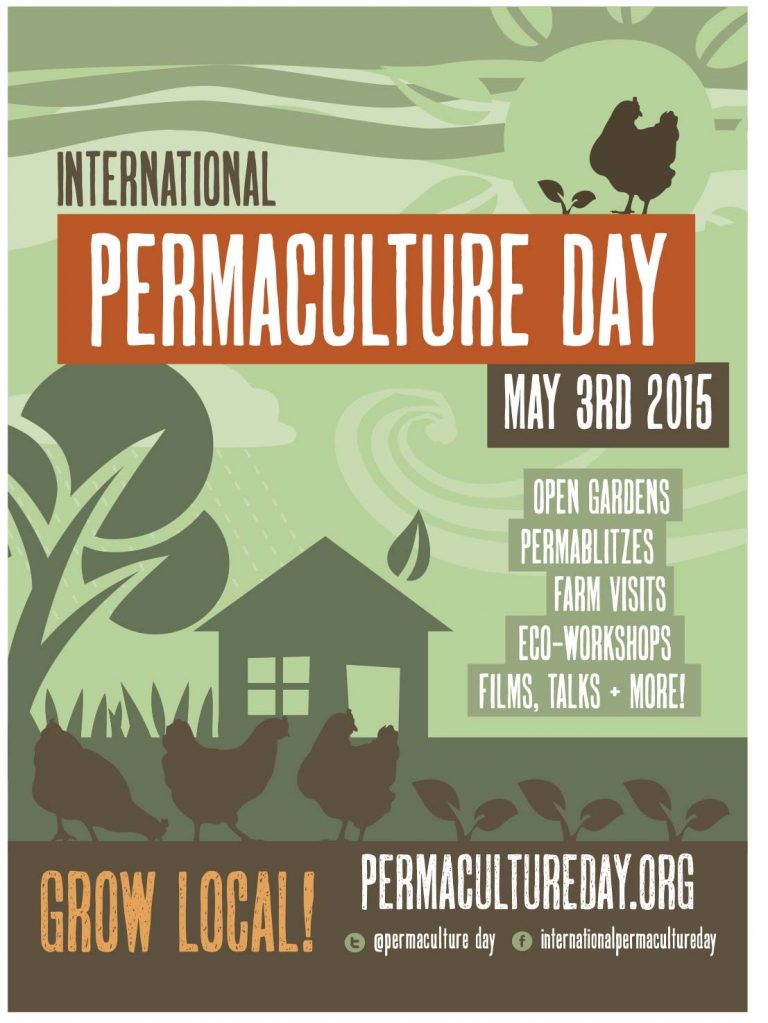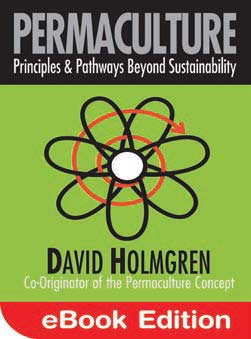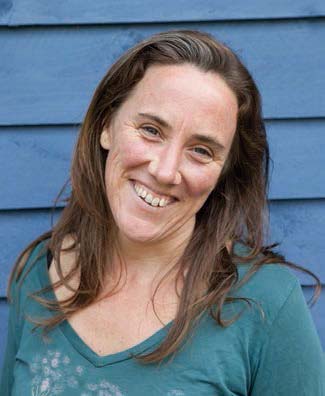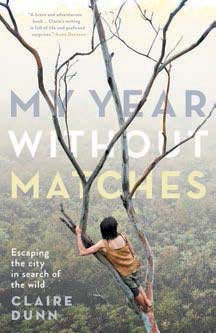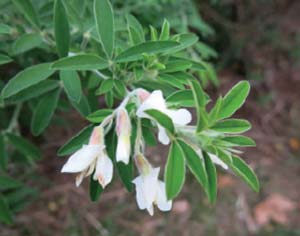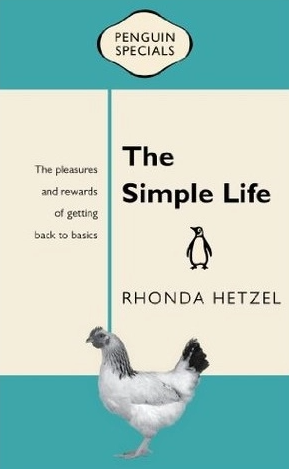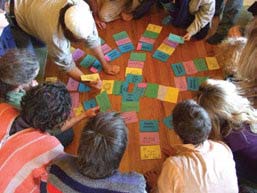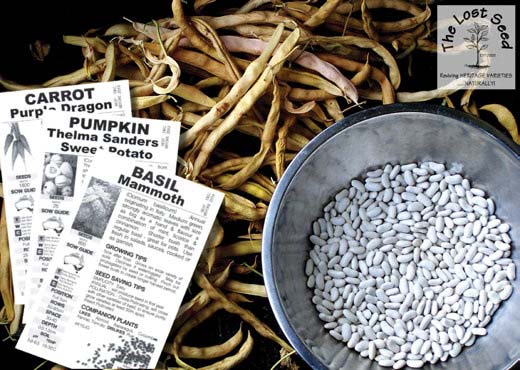Editorial
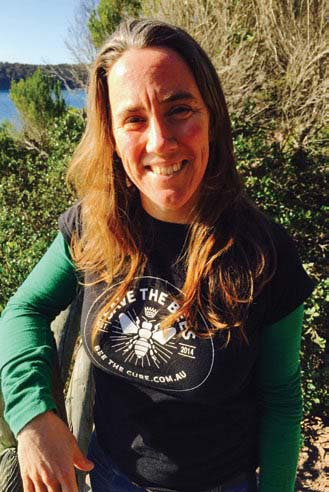
I am so happy to bring you issue four of Pip Magazine, with its bee friendly focus.
I have learnt so much about bees and their lives, their needs and their importance to our lives on this planet. A huge thank you to Adrian Iodice, whose infectious passion and enthusiasm about bees has opened my eyes to the wonder of our tiny friends.
My own passion for bees slowly crept in as I began to hear and read about natural beekeeping and the importance of caring for bees. I then got a beehive of my own and did a natural beekeeping course, and now I am hooked.
Putting together this issue I have talked to many dedicated bee advocates and have come to realise that everyone needs to understand how much we need bees, and it is crucial that we make major changes – right now – to help save them.

